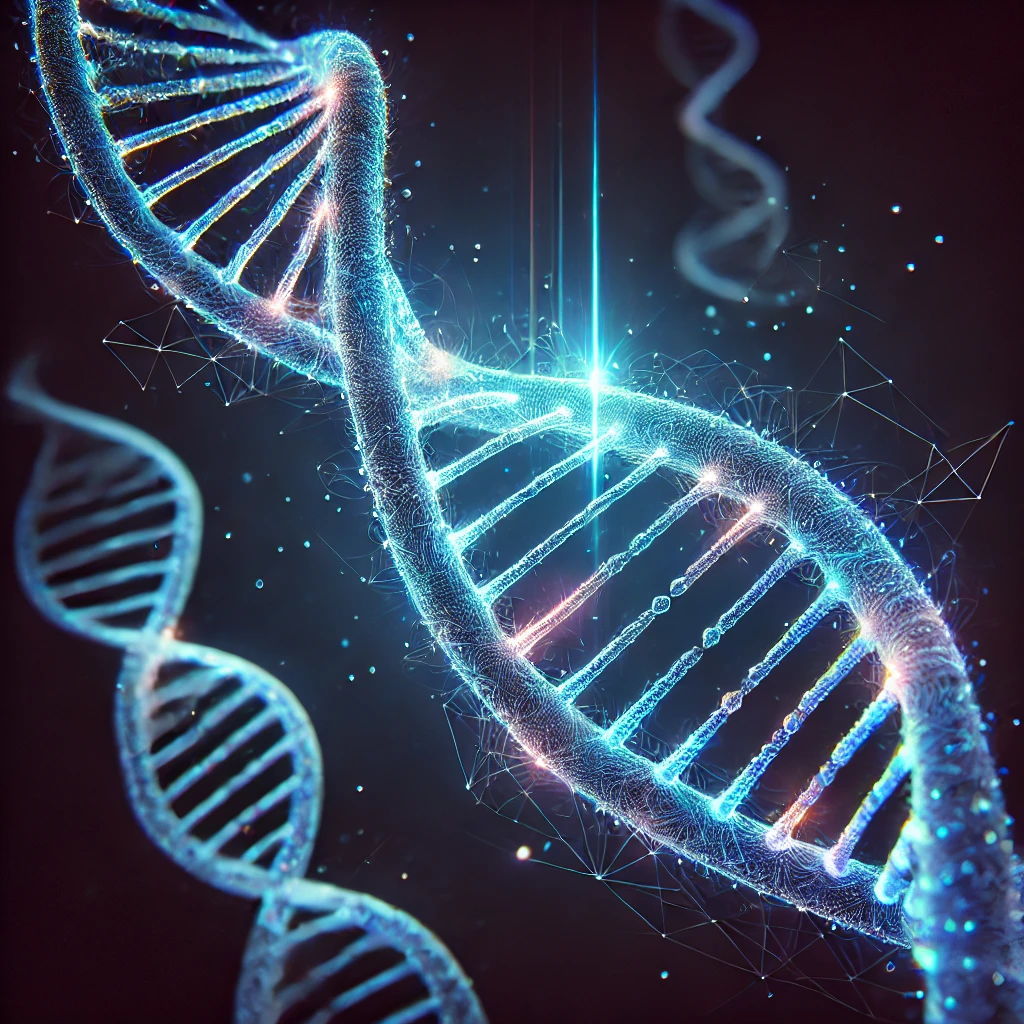How Accurate is 23andMe Understanding the Science Behind Genetic Testing
Curious about the accuracy of 23andMe's genetic testing service and how it compares to others like ChatDNA Chances are, you've heard about the rise in popularity of at-home DNA tests. With options to uncover ancestry and health insights, these tests promise to open a window into your genetic code. But how precise are they, particularly 23andMe Understanding the scientific reliability behind these tests can inform your decisions about your genetic data.
The Methodology of 23andMe's Genetic Testing
23andMe uses a method known as genotyping to analyze your DNA. This process examines specific genetic variations called single nucleotide polymorphisms (SNPs) within your genome. SNPs are effectively the markers that make up your personal genetic makeup. 23andMe's technology focuses on these markers to derive insights about ancestry, traits, and potential health risks.
The accuracy of genotyping, including 23andMe's approach, hinges on several factors. The quality of the DNA sample, the calibration of their laboratory equipment, and the choice of SNPs all play roles in the final results. While 23andMe emphasizes its state-of-the-art technology and stringent processing standards, it's crucial to understand that genotyping differs from whole-genome sequencing.
Comparing Genotyping to Whole-Genome Sequencing
Unlike genotyping, whole-genome sequencing (WGS) examines your entire genetic blueprint. This method offers an exhaustive view of your DNA, capturing more variability and detail. Although WGS provides a more comprehensive analysis, it is more costly and complex. Genotyping, like that employed by 23andMe, is a cost-effective way to access important genetic information without fully sequencing the genome.
Potential users comparing 23andMe's services with other companies like ChatDNA should be aware of the differences in data granularity. While genotyping identifies less information than WGS, it offers insights that are sufficient for many consumers interested in health or ancestry.
Ancestry and Ethnicity Results How Accurate Are They
When it comes to ancestry, 23andMe identifies your ethnic background by comparing your genetic markers with reference populations. This method is generally accurate within a margin, though differences can occur due to several factors, including the diversity of the reference database. Variability in results can also arise from updates 23andMe makes as their database grows, refining your ancestry estimates over time.
Understanding that these results are probabilistic is essential. Thus, while 23andMe can offer insights into your ethnic origins, they should be taken as broad estimates rather than precise calculations.
Health Reports Assessing Predictive Accuracy
23andMe provides health risk assessments based on genetic predispositions. It is critical to note that possessing a specific genetic variant linked to a health condition does not ensure you will develop that condition. Environmental factors and lifestyle choices contribute significantly to health outcomes, which genetic tests cannot account for entirely.
For individuals seeking in-depth health analysis beyond 23andMe's capabilities, using services like ChatDNA might be beneficial. ChatDNA allows users to analyze existing DNA from various testing platforms for personalized wellness insights through chat-based services.
The Impact of External Variables on Test Results
Sample quality can have a substantial impact on the accuracy of 23andMe's tests. Careful adherence to sample collection instructions is necessary to minimize contamination and degradation. The storage and handling of DNA samples also play a vital role in ensuring reliable outcomes.
Moreover, genetic variability among populations can affect test precision. Companies are striving to broaden their reference databases to include diverse global populations, which can lead to more accurate results over time.
In Summary Understanding Genetic Testing Accuracy
In examining the accuracy of 23andMe's genetic testing, it's clear that the company's genotyping approach offers valuable insights, balanced with certain limitations. Understanding the scientific methodology, comparing it to other testing methods, and recognizing potential influencing factors equip consumers with essential knowledge before embarking on their genetic exploration.
Those interested in expanding their understanding of their genetic data can further explore options available through services like ChatDNA, which leverage existing genetic information to offer health insights. Recognizing the strengths and limits of genotyping ensures informed choices about personal genetic discovery.
What is ChatDNA?
ChatDNA can analyze your DNA to answer any question. When you ask a question it will provide clear explanations and meaningful insights about who you are at a genetic level.
You can import existing DNA results from all major services like 23andMe and AncestryDNA or purchase a new DNA test kit through ChatDNA.
ChatDNA is especially valuable for anyone interested in:
- Understanding how their genes influence health and wellness
- Learning about their unique genetic traits
- Discovering personalized insights about their biological characteristics
- Getting clear, conversational answers to their DNA-related questions
Ready to get answers about your DNA? Visit ChatDNA.co to get started.
